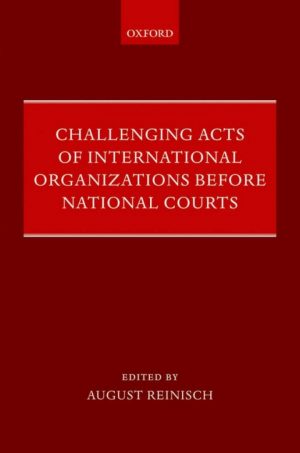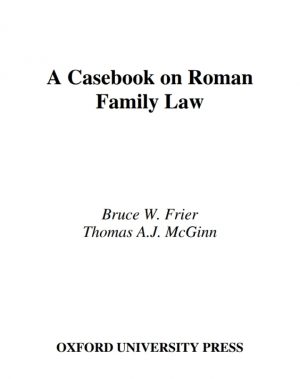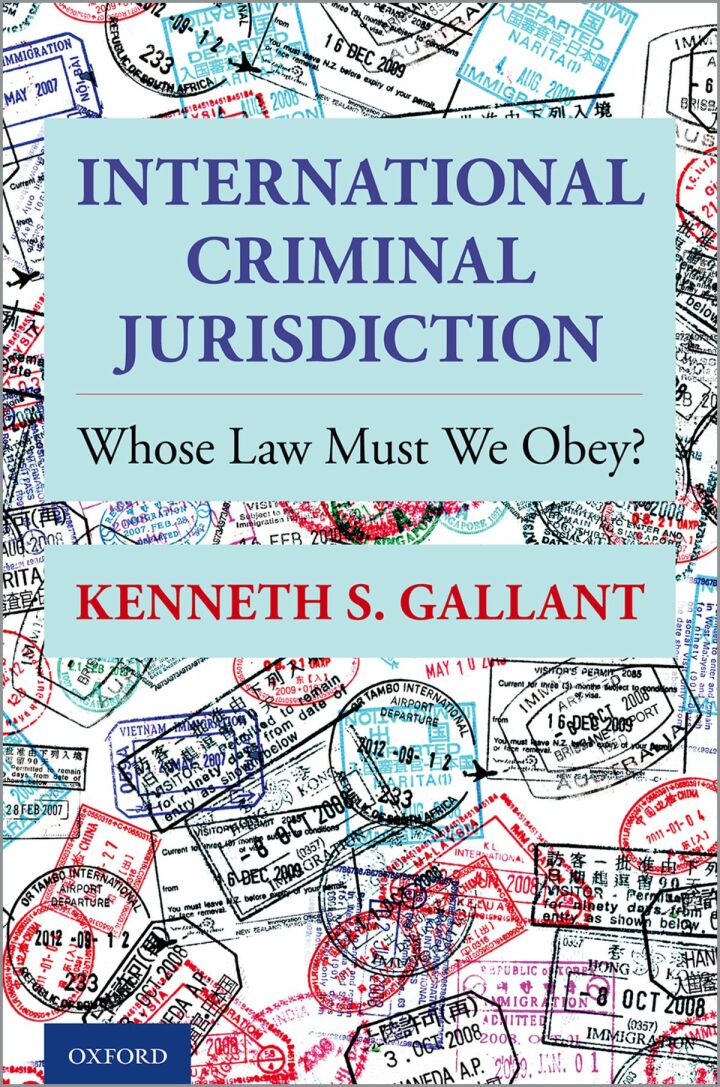International Criminal Jurisdiction Whose Law Must We Obey?
$43.88
Attention: This is just ebook, Access Codes or any other Supplements excluded! / File Delivery: Sent Via Email within 24 hours!
SKU: 063a5707ea89
Category: Law Textbooks
Description
-
Author(s)Kenneth S. Gallant
-
PublisherOxford University Press
-
FormatPDF
-
Print ISBN
9780199941476, 0199941475 -
eText ISBN
9780199941476, 0199941475 -
Edition2022
-
Copyright
- Details
International Criminal Jurisdiction is a treatise for anyone conducting research into how domestic and international regimes create and enforce rules for personal and subject matter jurisdiction in transnational or international criminal cases. It is the only such treatise in English on this topic. Attorneys representing corporate executives in white collar criminal cases will be able to use this book to construct challenges to a foreign court’s exercise of jurisdiction over those clients. Legal scholars wishing to critique foreign domestic courts for defying suppression treaties will find in this book information on how and why those courts are doing so. Law students will turn to this book for distinctions between international criminal tribunals and domestic courts in the exercise of personal jurisdiction over government officials. The book provides complete details on how domestic legislatures and the U.N. have created statutory and treaty-based rules expanding or even limiting courts’ and tribunals’ jurisdiction over certain crimes and certain categories of defendants. This research serves the book’s function as a thorough guide to jurisdictional questions that arise when criminal acts or criminals cross borders. Questions include whether a defendant possesses standing to challenge an international tribunal’s personal jurisdiction over him, what happens when a given domestic regime neglects to criminalize conduct prohibited by a new treaty, and why some domestic courts choose not to exercise extraterritorial jurisdiction.
Related products
-

Anti-Discrimination Law in Civil Law Jurisdictions 1st Edition
Rated 0 out of 5$43.88 Add to cart -

Challenging Acts of International Organizations Before National Courts 1st Edition
Rated 0 out of 5$43.88 Add to cart -

Atiyah’s Introduction to the Law of Contract 6th Edition
Rated 0 out of 5$30.88 Add to cart -

A Casebook on Roman Family Law
Rated 0 out of 5$28.60 Add to cart

